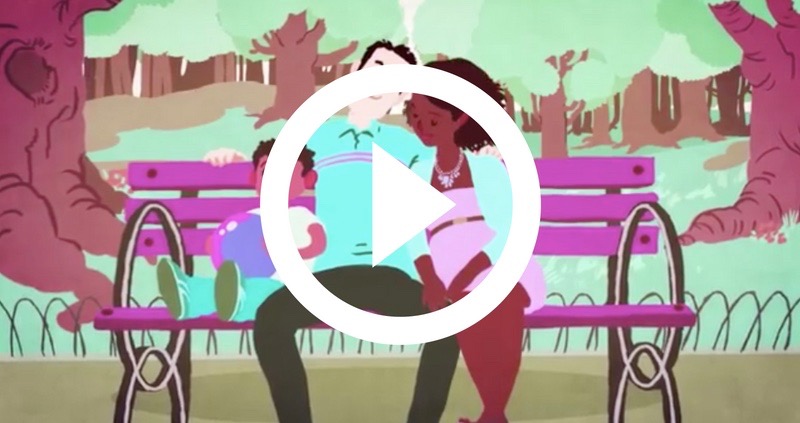
Looking Back to Look Ahead
By Myrna Lapres
Recently, I had several opportunities to speak to a group of parents of young children. As I was preparing my remarks, I looked over the articles that I have written for my blog over the past year and a half. Of all the knowledge that I have gleaned from the numerous parenting books that line my bookshelf and sit in stacks next to where I write can be distilled down to a few fundamental phrases:
- Relationship is key.The world has changed tremendously over the past thirty years. In the past, children and youth developed their ideas, values and worldview largely from their family and community. Today, growing up in a global community, social media impacts our children’s taste in clothing, food, music, social/political/religious beliefs, fears, anxieties and more.Yet, family is still essential and relevant. Regardless of all technological advances, parents will always be the most important source of information and values for their growing children. But our relationship with our children is key. Parenting with empathy, love and modeling what we want our children to inherit are a big part of creating connection. Go to this blog for more on this.
- Love and respect of oneself and others are largely determined by how well a child’s basic needs are met in the first two years of life.Every time an infant’s basic needs are met, a seed of trust and kindness is planted into that child’s mind and heart. Dr. Foster Cline coined the phrase “The Trust Cycle” in the 1970s. When a child expresses a need by crying/expressing discomfort and the parent responds, trust is achieved. The basic components of eye contact, smiles, hugs, holding, touch and relief from pain and discomfort all contribute to this trust. It is a known fact that an infant will die not only from lack of nourishment but also from not receiving physical touch, eye contact and smiles.Our children never outgrown the need to know that they are loved. We all need touch, connection and to know that we matter!
- Presence is love!In May of 2019, the ABC network aired a special called “Screen Time” hosted by Diane Sawyer which looked at how smartphones are affecting us. One preschooler conveyed the immense importance of presence when he was observed going to his mother who was talking on a cell phone, taking her face in his hands and saying, “Mommy, I need you to listen to me with your whole face.”Children learn more from who we are when we are with them than what we try to teach them. We don’t need to be perfect but showing up and being present means noticing the little things, learning to put down our cell phones and really listening. Provide it when you’re meeting their needs; when you’re expressing your love to them; when you’re disciplining them; when you’re laughing together; even when you’re arguing with them.
- Failure is part of growing up; it contributes to developing resilience and succeeding.Dr. E. P. Seligman, often called the father of Positive Psychology, discovered children need to fail in order to succeed. In fact, it can help them figure out how to succeed next time. He discovered that until the early 1960s, achievement was the most important goal that parents sought to instill in their children.However, from the 1960s to the present, the goals of happiness and high self-esteem have replaced achievement and become the key focus. In four large scale studies by Dr. Seligman, the results of this new trend are that depression has skyrocketed and feelings of self-esteem have actually plummeted.In his book, Tim Elmore states, “Refusing to let kids fail brings two negative outcomes. First, it fosters the fear of failure later in life as adults…Second, it dilutes the will or motivation to excel.”As a parent, we need to learn to weigh learning experiences against rescuing them. Which choice will enhance our child’s self-concept? Often, learning to ask a guiding question can support our child’s decision without taking away their life lessons. Quiet support and empathy go a long way as our children, youth and young adults are figuring out their next steps.
- Learn to Prepare the Child for the Path instead of the Path for the Child.Tim Elmore concludes that learning to prepare the child for the path instead of trying to change the path for the child is what is needed. There is much for us to be hopeful about as parents when we learn to be honest about our relationship with our children and see where we need to adapt.I would like to invite you to check out my parent coaching services and sign up for my four-week webinar series “Mission Possible: Raising Resilient, Responsible, Respectful and Fun-to-be-with Kids.” It is on-demand, you can watch it from the comfort of your home and put the skills presented into practice each week. I am offering it at a special introductory price through March 2020.






